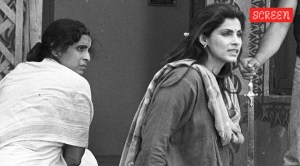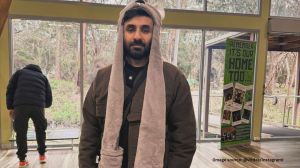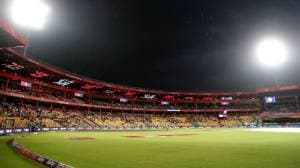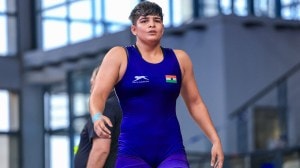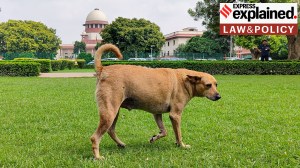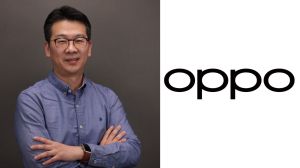Click here to follow Screen Digital on YouTube and stay updated with the latest from the world of cinema.
He clothed the vulnerability of his life behind a stiff exterior
Noted filmmaker Pankaj Butalia, who shot a documentary on Nida Fazli, titled Yeh Kahaan Aa Gaye Hum?, on the late Urdu poet’s connection with his hometown Gwalior and his writings in the language of the masses.
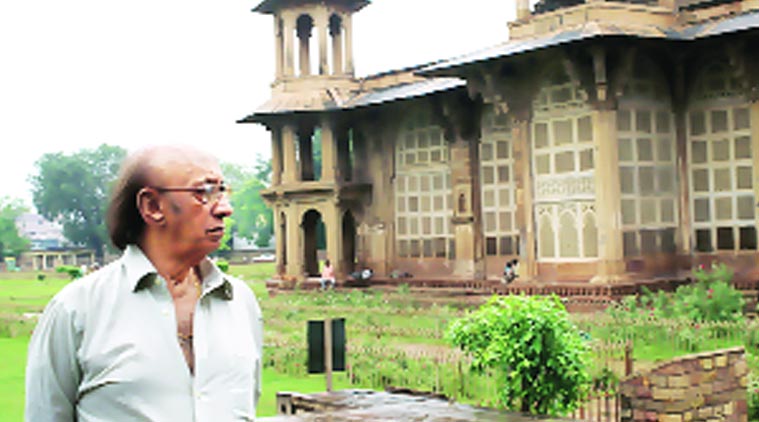 Nida Fazli
Nida Fazli
Nida Fazli came across as an extremely formidable person when I began shooting my documentary on him, Yeh Kahaaan Aa Gaye Hum?, three years ago. He was uncomfortable in front of the camera, stiff in the way he spoke and reluctant to talk about himself beyond the usual platitudes. But things changed once I followed him to his hometown Gwalior, which he was visiting after a long time. I insisted we go to the house where he had lived with his family before the Partition. As we reached the street near his old house, his personality changed. There was a palpable excitement in this crusty old man who suddenly became a child as he walked us through his old haveli. He talked excitedly about his family, his mother, the loss he felt when she left, and would break into poetry while speaking. He introduced me to the family that ran the local butcher shop and narrated episodes from the past that instantly erased the 60 years that lay between them.
From here on, the film became easy. I realised that this was a man who clothed the vulnerability of his life behind a stiff exterior. Ever since his family left for Pakistan, when he was still in his teens, and he decided to stay on in India, Fazli never really came to terms with his loss. This terrible internal vacuum cohabited with a fiercely independent temperament but also found release in the words that emerged from within and the ease with which poetry rolled off his tongue.
He was an old-fashioned Nationalist — refusing not just the two-nation theory but also the two-language one. “At the time Jinnah was busy making Urdu a Muslim, one of India’s best poets was Kazi Nazrul Islam, who was writing in Bengali,” Fazli once said. He remained a perennial small town boy who moved to Bombay in his youth but never really lost that part of the small town “which probably no longer exists in the small town”.
He wrote in Urdu, but his language didn’t have the weightiness of the language of the courts. He made a conscious move away from the heavily Persianised Urdu that was dominant in the ’60s and ’70s. His was the language of the street, of the working man, of the small town and he is acknowledged as one of the first modernists of Urdu.
Fazli was a simple man who lived a modest lower middle class life with his wife Malti and daughter Tehreer in the suburbs of Mumbai. One of his most moving poems was the one he wrote on the death of his father, in Pakistan.
The poem ends :
Tumhari kabr par jisne tumhara naam likha hai
Wo jhutha hai
Tumhari kabr mein main dafn hun
tum mujhme zinda ho
Kabhi fursat mile
To fataah padne chale aana.
(He who has written your name
On your grave, is a liar
In your grave lie, I buried,
You live on in me
If you ever find the time
Come read my obituary)
Pankaj Butalia is an award-winning documentary filmmaker


Photos
Photos


- 01
- 02
- 03
- 04
- 05















